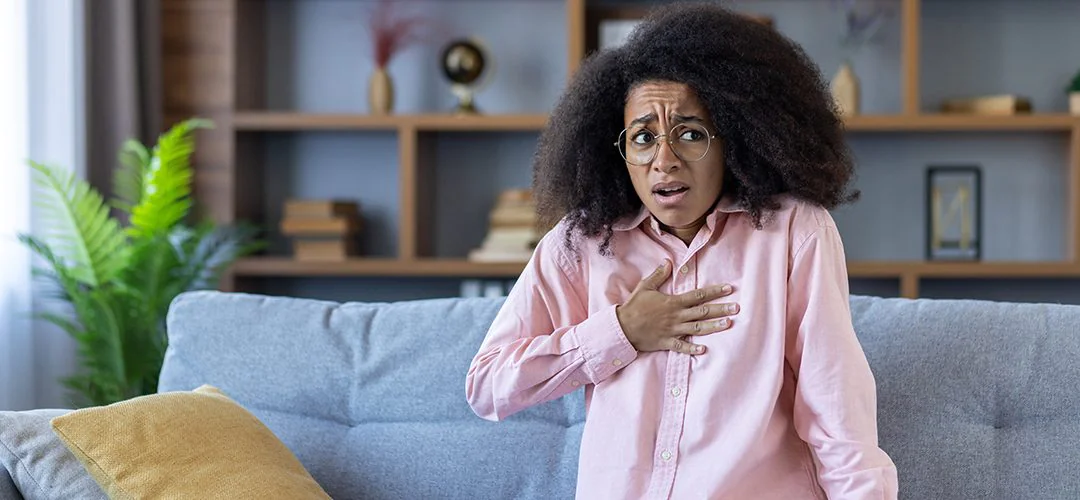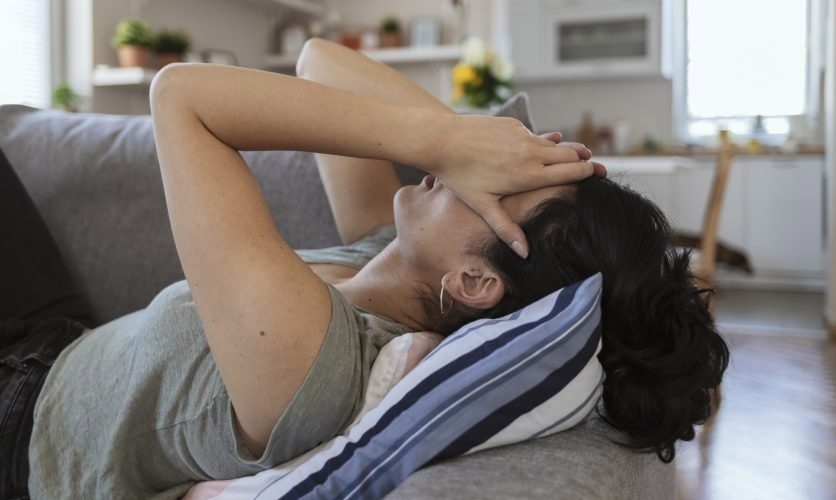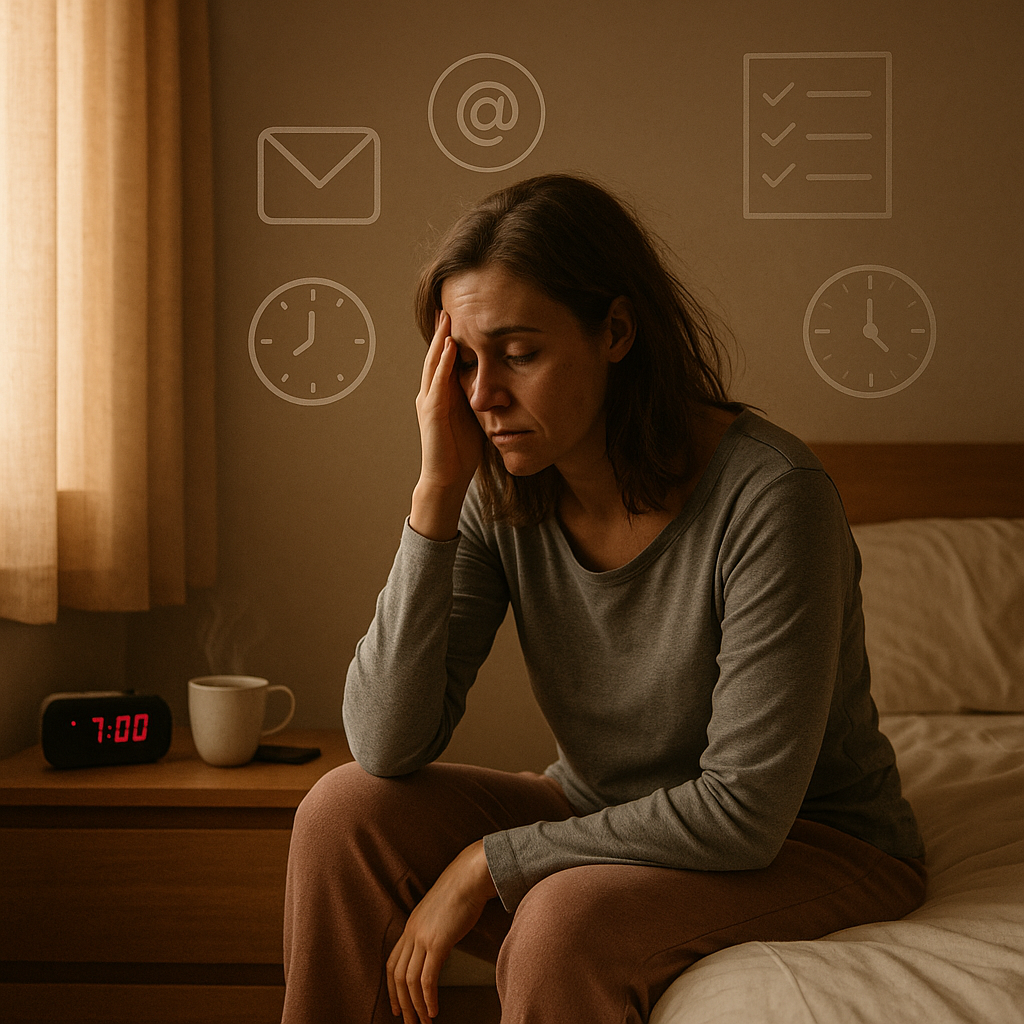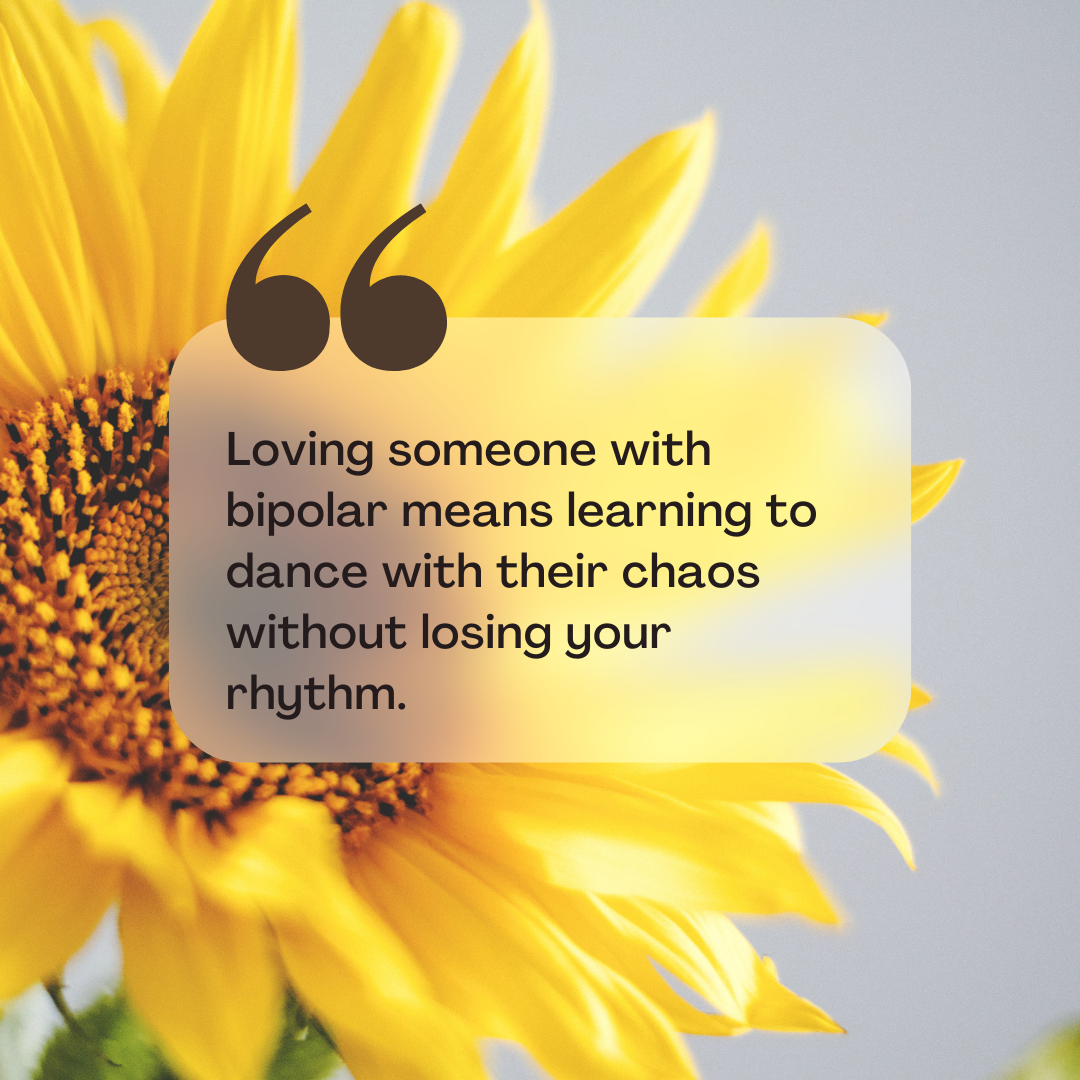The Silent Storm: Unpacking the Real Causes of Anxiety
What Really Causes Anxiety? The Truth Beyond “Just Stress”. Anxiety doesn’t come with a flashing neon sign. It’s sneaky. It starts with overthinking a text you sent, then spirals into dread before a meeting, and finally morphs into lying awake at 3 a.m. wondering why your heart won’t stop racing. But what exactly causes anxiety? Spoiler alert: it’s not just “being too sensitive.”
Let’s unpack the tangled roots of anxiety in a way that makes sense—no psych jargon, no fluff. Just real talk backed by real science.
1. Your Brain Is Literally Wired for Worry
At the center of it all is your amygdala. Think of it as your brain’s smoke alarm. When it senses danger (real or perceived), it sounds the alarm. For people with anxiety, this alarm system is on overdrive—constantly sniffing out threats, even where none exist.
According to the National Institute of Mental Health, hyperactivity in the amygdala can make someone overly sensitive to potential threats, triggering physical symptoms like sweating, heart palpitations, and even panic attacks.
And here’s the kicker: the more often your amygdala fires off, the stronger the anxiety response gets over time. It’s like a muscle that grows stronger the more it’s used—only instead of biceps, you’re building up worry.
Pro Tip: Start training your brain to chill. Mindfulness exercises and deep breathing aren’t just woo-woo nonsense. They help tone down your amygdala’s sensitivity. This mindfulness-based stress reduction program has shown real benefits in reducing anxiety.
Explore more: Check out our guide on How to Build a Support System That Actually Supports You to learn how your social circle can help regulate your nervous system.
2. Genetics: When Anxiety Runs in the Family
Have you ever heard someone say, “I come from a long line of worriers”? Turns out, they might be right. Studies show that anxiety has a hereditary component, which means if your parents or siblings struggle with it, you might too.
But it’s not just about inheriting a gene. According to this research from Yale Medicine, multiple genes interact with life experiences to either trigger or buffer against anxiety.
This is where the concept of epigenetics comes into play: your genes are not your destiny. Lifestyle choices and emotional resilience can turn some genes on or off.
Our breakdown on The Hidden Cost of Burnout No One Talks About shows how chronic stress can even influence your DNA’s expression over time.
3. Trauma: The Past That Won’t Stay in the Past
Childhood trauma isn’t just something you “get over.” Whether it’s emotional neglect, abuse, bullying, or instability, these early life experiences can rewire your brain to expect danger everywhere.
A powerful study published in the NCBI found that early trauma can alter brain regions like the hippocampus and prefrontal cortex, making it harder to regulate emotions and manage fear.
Even if you’re years removed from the traumatic event, your body keeps the score. Anxiety becomes your baseline, your normal.
Our feature on Understanding High-Functioning Anxiety and What to Do About It breaks down how trauma often hides behind perfectionism and productivity.
4. The Scroll Hole: Anxiety and Social Media
Let’s be honest. Instagram, TikTok, Twitter—they’re addictive. But they also come with side effects: comparison, doomscrolling, and that hollow, empty feeling after too much screen time.
Research from UC Davis Health shows a clear link between excessive social media use and anxiety, especially in young adults.
When your brain is constantly fed curated highlight reels, it starts to believe you’re falling behind in life, relationships, and success.
Digital Reset: Our internal guide, Digital Detox: A Realistic Guide for the Chronically Online, offers real-life tips on how to reclaim your time and mental health.

5. The Perfectionism Trap
Raise your hand if you’ve ever said, “It has to be perfect.” Now raise your hand again if that “perfect” standard left you paralyzed with anxiety.
Perfectionism isn’t just about high standards—it’s about tying your self-worth to flawless outcomes. According to Healthline, perfectionism and anxiety often go hand in hand, fueling each other in a toxic cycle.
When you fear failure, mistakes feel like disasters. And when mistakes happen (as they do), anxiety kicks in like a fire alarm.
Healing Tip: Try setting “good enough” goals instead of perfect ones. And give yourself the same grace you’d offer your best friend.
6. Hormones and Your Mental Health
Hormonal changes can wreak havoc on your emotions. If you’ve ever felt more anxious during your period, pregnancy, postpartum, or menopause, you’re not imagining it.
According to Everlywell, fluctuations in estrogen, progesterone, and cortisol can affect serotonin levels, which directly influence mood and anxiety.
And it’s not just women. Men experience hormonal shifts too—like drops in testosterone—which can lead to irritability and anxiety.
Health Hack: Talk to your doctor about hormonal testing and consider natural balancing aids like magnesium, omega-3s, and sleep hygiene.
7. When People-Pleasing Becomes a Personality
People-pleasing feels nice—until it doesn’t. When you constantly put others first, ignore your own needs, and say “yes” when you mean “hell no,” it builds resentment and (you guessed it) anxiety.
Verywell Mind explains that people-pleasing stems from a deep fear of rejection or not being liked. That constant self-abandonment wears you down.
Boundaries Are Hot: Learn to say no without apology. Our read, How to Build a Support System That Actually Supports You, has scripts and strategies for setting boundaries with love.

8. Sleep, or Lack Thereof
There’s no anxiety buster like a full night of deep, uninterrupted sleep. But for many, anxiety and insomnia are twin flames.
The Sleep Foundation reports that poor sleep worsens anxiety, and anxiety disrupts sleep, creating a vicious loop.
Sleep Hygiene 101: Cut caffeine after 2 p.m., use blue-light blockers, and commit to a bedtime routine. Meditation and weighted blankets can help too.
9. Substance Use: A False Friend
Whether it’s that glass of wine at the end of a hard day or the occasional edible, substances might seem like they take the edge off.
But according to Beyond Blue, substances like alcohol and weed can actually amplify anxiety in the long run, messing with neurotransmitters and sleep.
Sober Curious? Consider experimenting with alcohol-free living for 30 days and note your anxiety levels. Support groups and mocktail culture can help ease the shift.
Healing Is Not Linear, But It Is Possible
Anxiety doesn’t mean you’re broken. It means your brain and body are reacting to something that feels unsafe—even if the danger isn’t visible.
From genetics to screen time, trauma to hormones, anxiety has many root causes. And that’s actually good news. It means there are many entry points for healing.
The more we understand these causes, the more empowered we become to manage them. Start small. Choose one area to explore this week. Maybe it’s better sleep. Maybe it’s therapy. Maybe it’s setting a boundary.
Whatever you do—just don’t ignore it. Anxiety deserves attention, compassion, and action.



